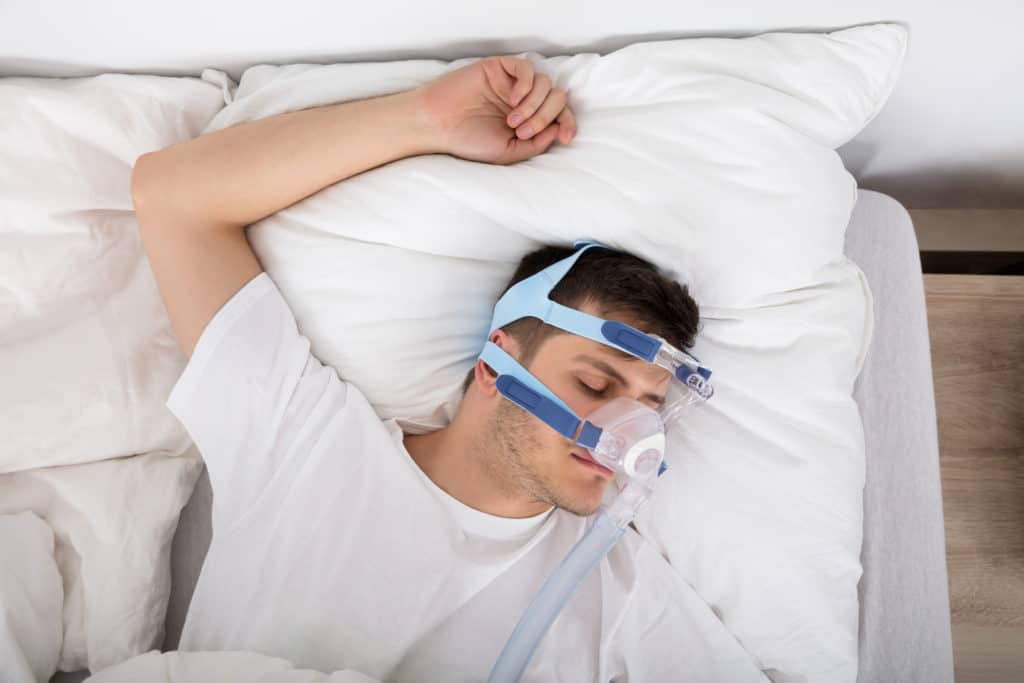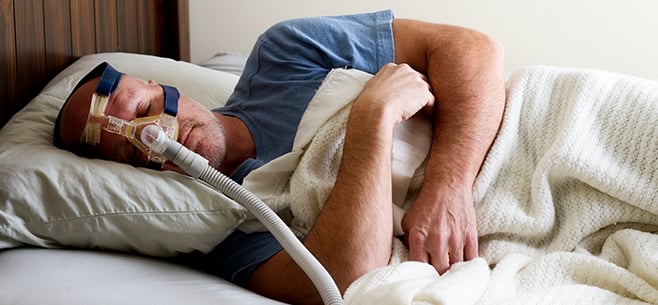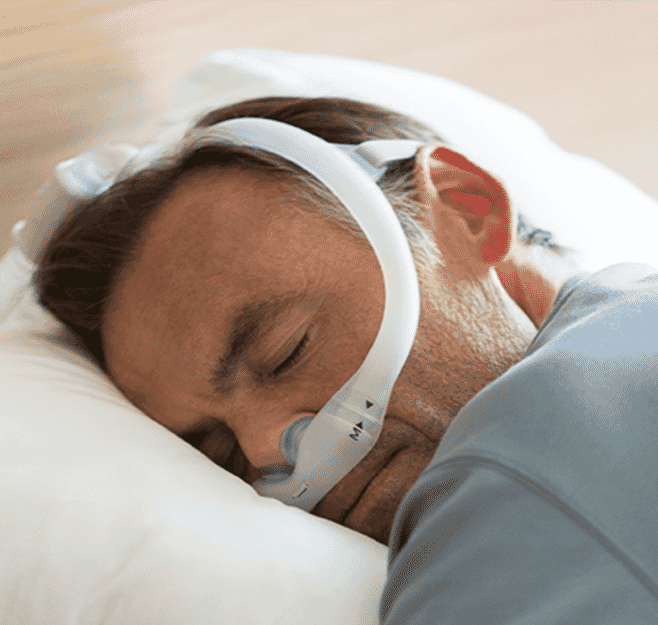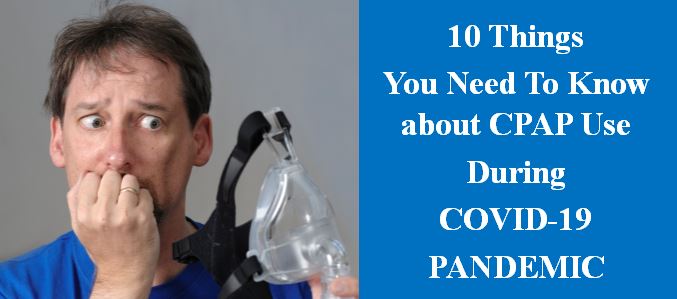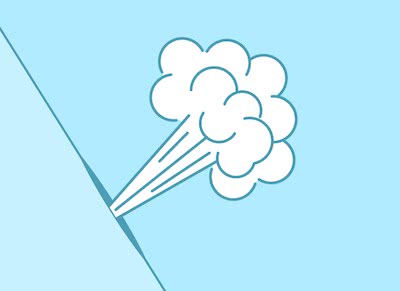Cpap Air Pressure Too Low

If pressure levels are too high or too low it will defeat the purpose of the therapy.
Cpap air pressure too low. You could feel starved for air wake up gasping high blood pressure chronic fatigue and waking up multiple times during the night. A second sign that your cpap air pressure is too low is that you start snoring very loud when you have your cpap equipment on and running. Many cpap users whose pressure is too low will experience more than five apnea or hypopnea events per hour meaning their therapy is ineffective. Continuous positive airway pressure cpap therapy uses the power of positive air pressure to treat sleep apnea a condition that causes your breathing to stop for a time while you sleep.
However don t get discouraged it can take time and adjustments to get your cpap pressure settings right for you. But if the pressure is too high you can experience other side effects like uncomfortable therapy problems with your cpap mask nasal congestion and fitful interrupted sleep. Common problems with cpap include a leaky mask trouble falling asleep stuffy nose and a dry mouth. If it is too high you may experience side effects like mask leak or air swallowing.
Continuous positive airway pressure cpap is widely regarded as the best treatment available for obstructive sleep apnea. When the cpap air pressure is high you may feel uncomfortable during sleep either dins it difficult to fall asleep or wake up repeatedly during the night. These users will continue to experience the negative effects of sleep apnea including poor sleep waking up gasping for air feeling air starved chronic fatigue high blood pressure and others. If the pressure is too low your sleep apnea will not be adequately controlled.
By lou polcari in this article you ll learn what can you do if you feel the cpap pressure is too low affecting your sleep. At times a very high air pressure may cause you to swallow the air or. Step one to getting accustomed to your cpap therapy is finding the air pressure level that is just right for you. Receiving low cpap air pressure.
When your pressure is too low you can experience more apnea events than the normal 5 per hour as well as other symptoms like snoring or waking up gasping for air. Let s face it there is no one size fits all pressure setting. I have been using the cpap for almost 10 years and recently i have been having trouble getting a breath through it at the start of my sleep but by morning its doing ok. It has to keep your airways open during the night.
A cpap machine uses a hose and mask or nosepiece to deliver constant and steady air pressure. When properly set and consistently used it is highly effective though early on tolerance and compliance can be an issue. It is important to have the machine properly set by a sleep specialist to ensure the best experience with it and the greatest benefits.





